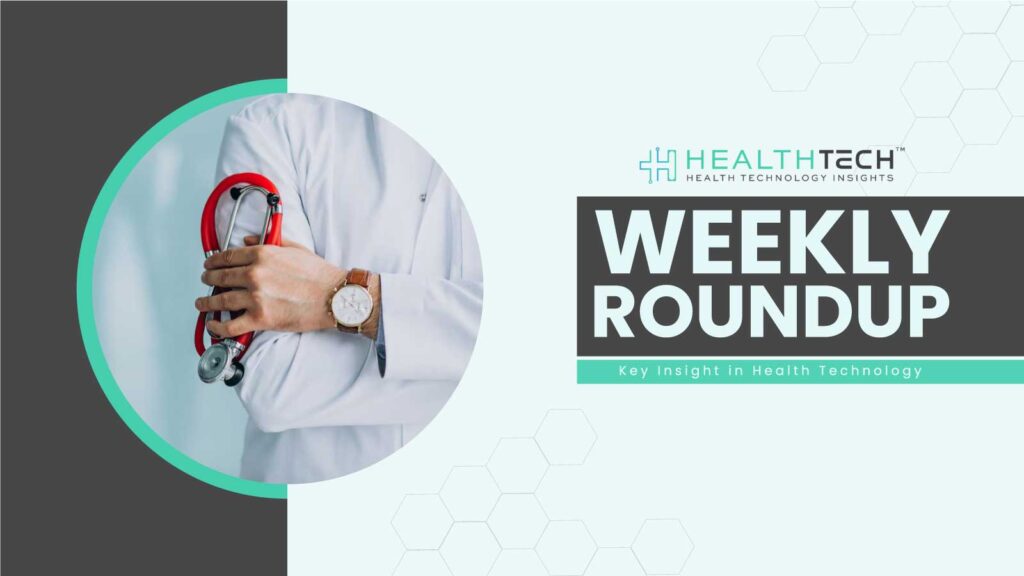Organizations disclose limited readiness for implementing new technology
Relias, the trusted multi-solution workforce enablement partner to 13,000 healthcare organizations and 4.5 million caregivers, announced its 2025 Technology in Healthcare Report, revealing that out of the 2,052 healthcare professionals surveyed nationwide, 44% believe AI has the greatest potential to improve operational efficiency, yet more than half are not familiar with AI-enabled tools.
While both leaders and staff see the potential for technology to improve care quality and efficiency, the report found challenges like workforce shortages, compliance pressures, and readiness gaps could be slowing adoption across patient care settings.
Health Technology Insights: Cycle Pharmaceuticals Launches PHYRAGO Tablets in US for Oncology
Findings include:
- Staffing remains the top challenge. Two out of three health professionals surveyed reported workforce shortages and recruitment difficulties as their most pressing issue.
- Compliance risks compound pressure. Training was cited by 38% as their top compliance concern, highlighting the need for more effective ongoing education.
- Technology readiness is low. Only 15% said their organization is “very ready” to adopt new technology, with 42% reporting slow adoption.
- VR training is inaccessible for most. Despite strong interest in using virtual reality for training, 62% of organizations are not using or planning to use VR, citing cost as the main barrier.
- Patient feedback is collected but rarely acted on. Only 19% of respondents said their organization “very frequently” uses feedback to drive changes.
The report also highlights key differences between managers and staff. Managers reported greater familiarity with AI than their staff counterparts, while staff expressed higher levels of burnout, particularly in acute and behavioral health settings. This contrast illustrates a need for aligned strategies that address both leadership and frontline perspectives.
“Although many healthcare workers are concerned about AI’s effect on the clinician-patient relationship, AI has the potential to enhance this bond by alleviating the growing burdens on providers and supporting safer, more personalized, human-focused care,” said Lora Sparkman, MHA, BSN, RN, Partner, Vice President of Patient Safety, Quality at Relias. “It’s essential to develop targeted efforts, training, and boundaries defining AI’s role. This will demonstrate what’s effective and help break down fears of the unknown.”
Alongside AI, the survey captured how organizations approach the platforms their teams rely on. Nearly half (44%) report adopting multi-solution platforms primarily for training, compliance, and performance management, but most remain hesitant to move toward vendor consolidation.
Health Technology Insights: Color Health, Google Cloud Team Up to Boost Breast Cancer Screening
“Fragmented systems drain time and focus from what matters most,” said Felicia Sadler, MJ, BSN, RN, CPHQ, LSSBB, Vice President of Quality at Relias. “A single integrated platform supports consistency, confidence, and quality across teams — giving time back to providers and improving the care experience for both professionals and patients.”
The survey also reveals an underuse of patient experience insights. Although many organizations collect feedback, few act on it consistently.
“The data is clear,” said Paul Jaglowski, Partner for Experience Management Solutions at Relias. “If we want to drive real change in patient outcomes and operational efficiency, experience management can’t just check a box. It must be actionable, real-time, and embedded into daily workflows with a goal in mind. Organizations that bridge this gap will lead the future of patient-centered care.”
Health Technology Insights: IntrinsiQ Enhances Data Tools to Boost Patient Outcomes
To participate in our interviews, please write to our HealthTech Media Room at sudipto@intentamplify.com
Source – businesswire



